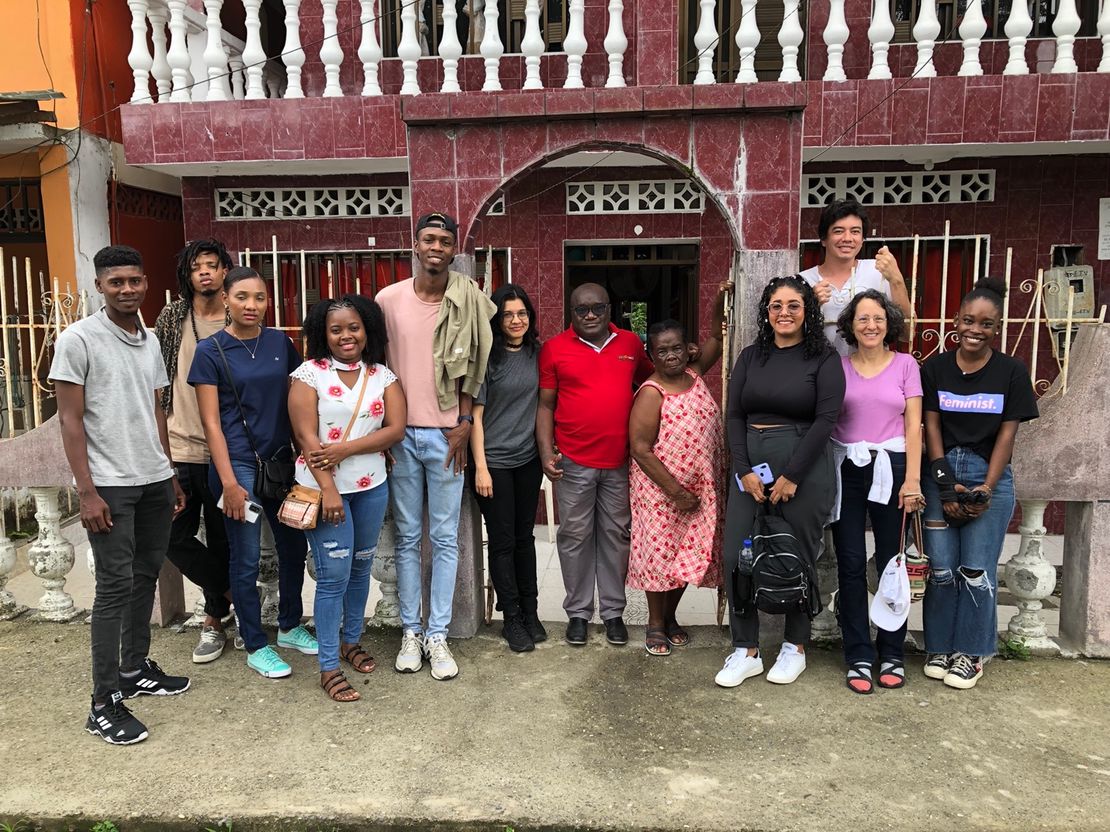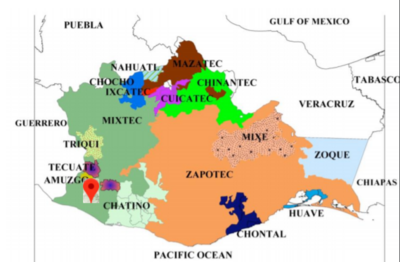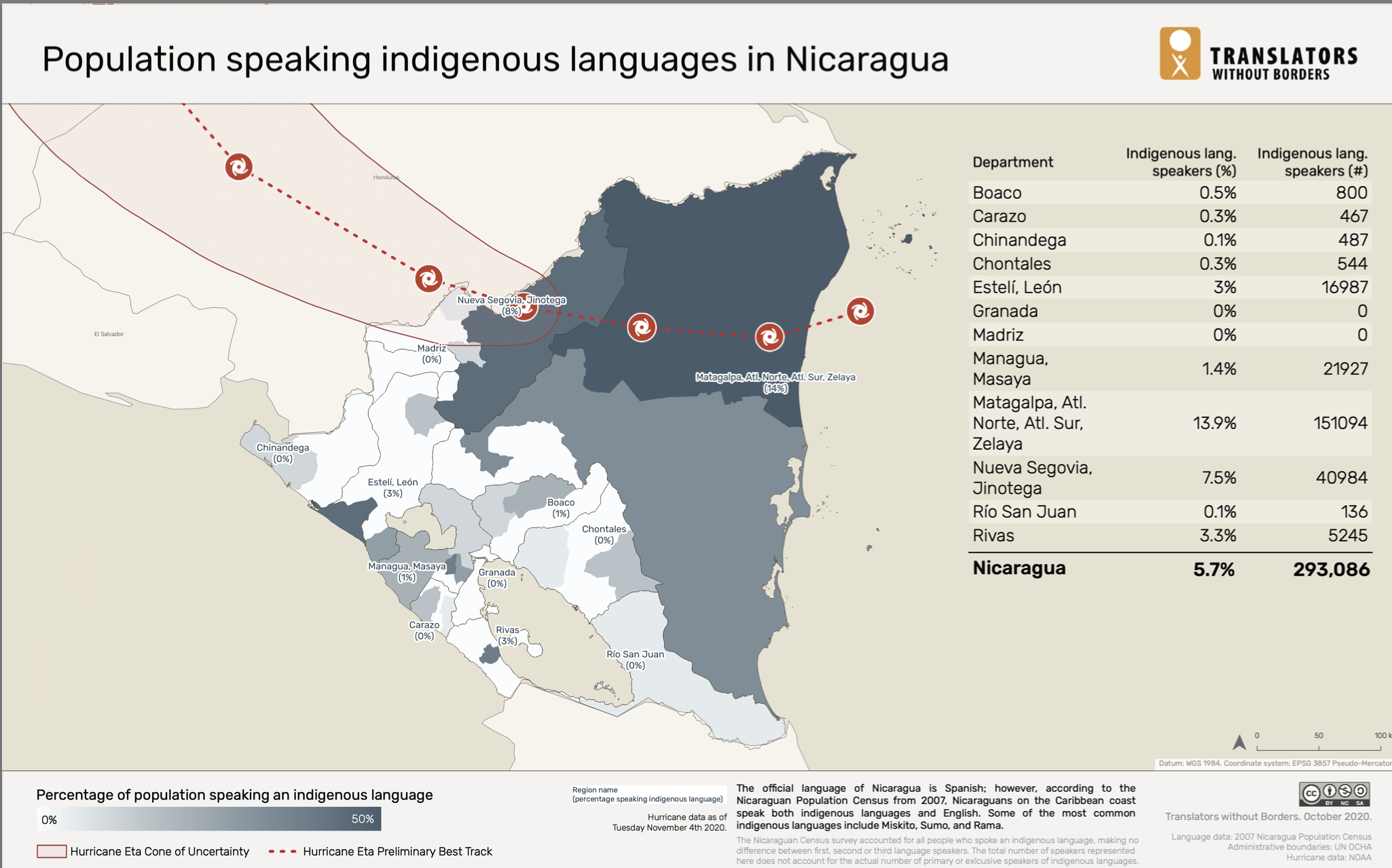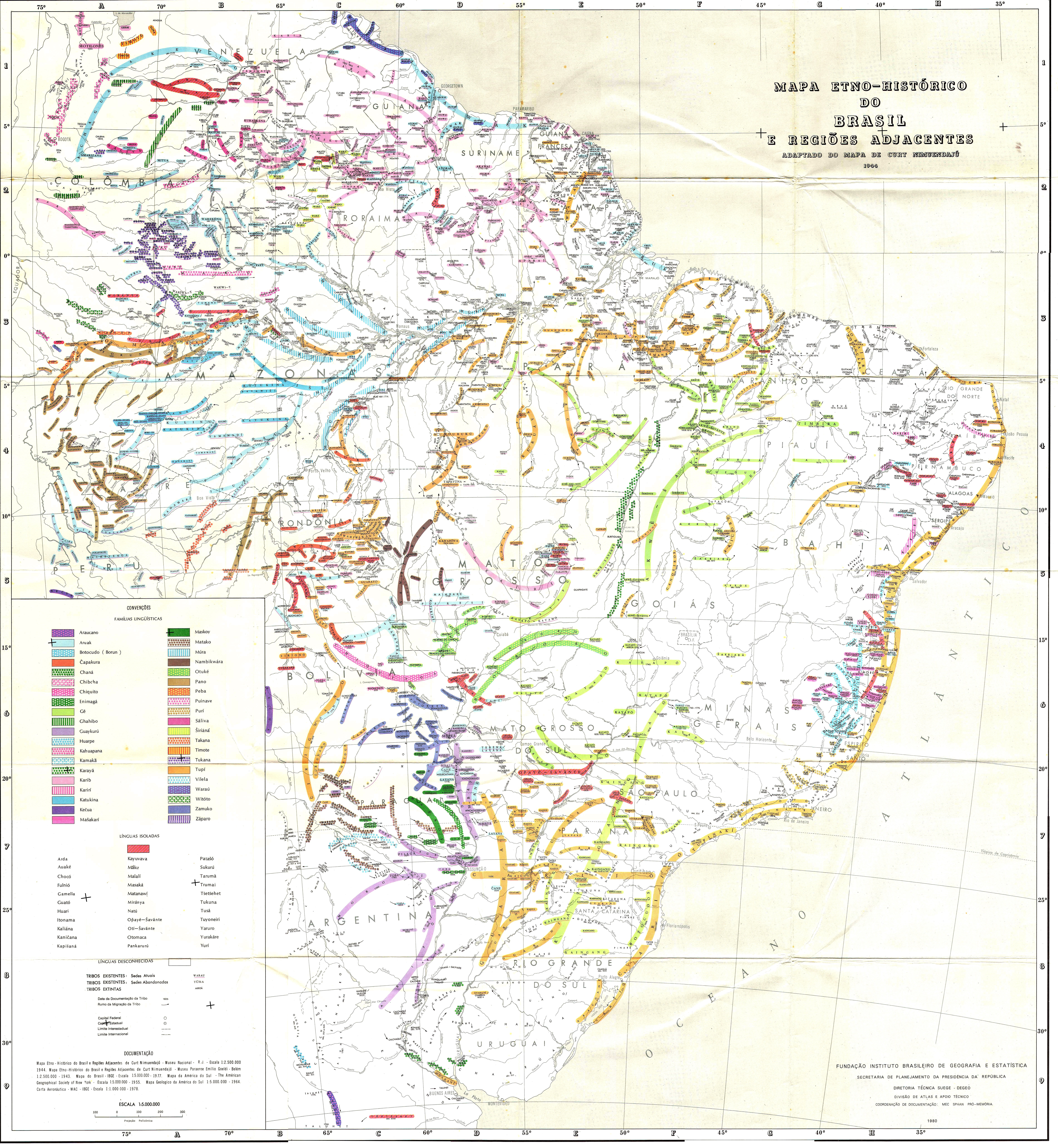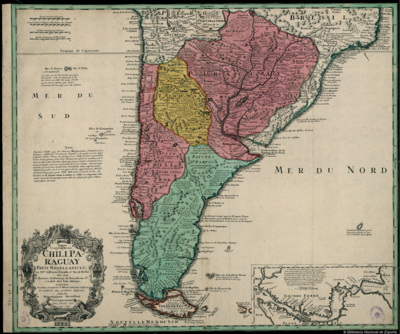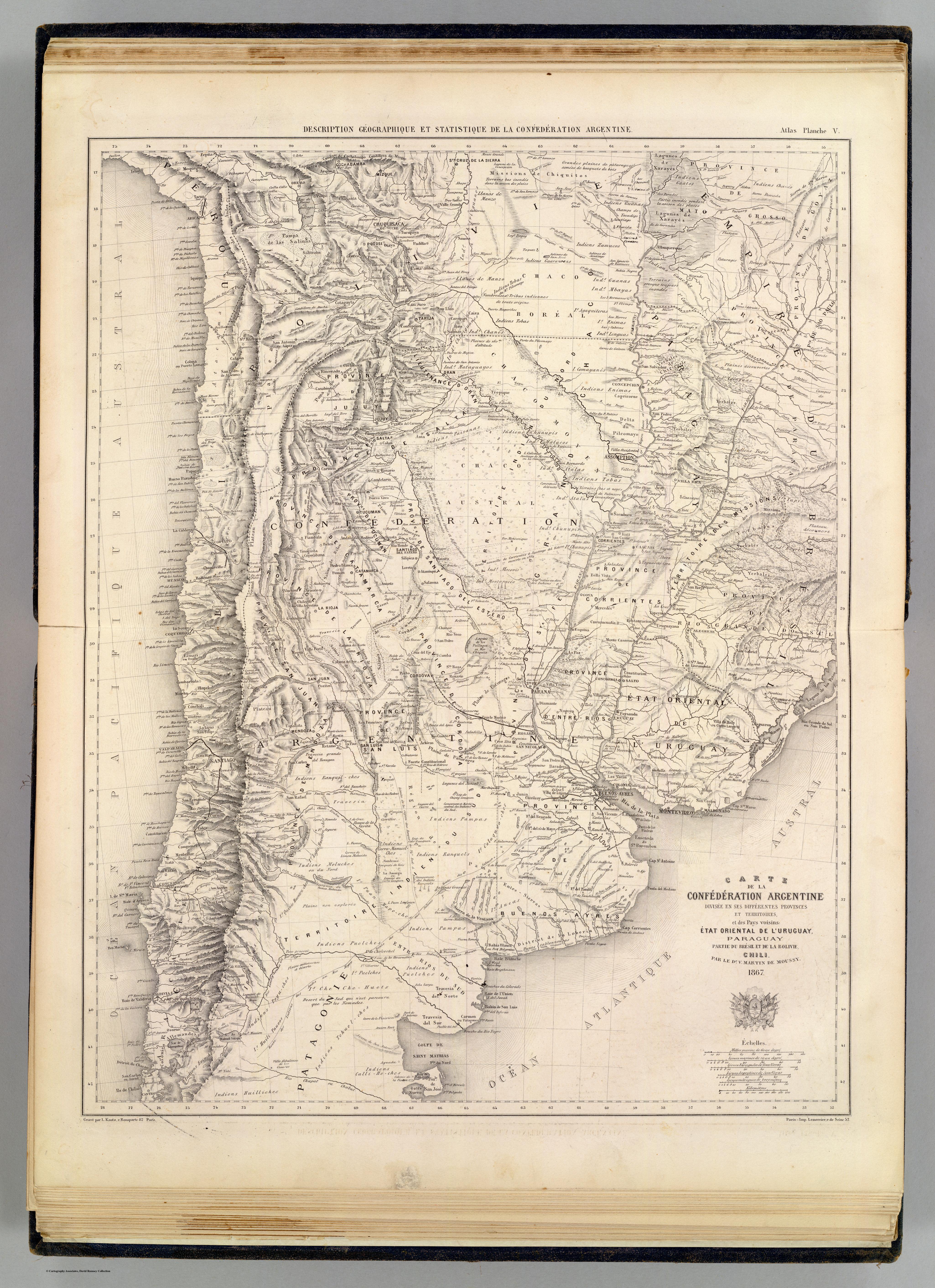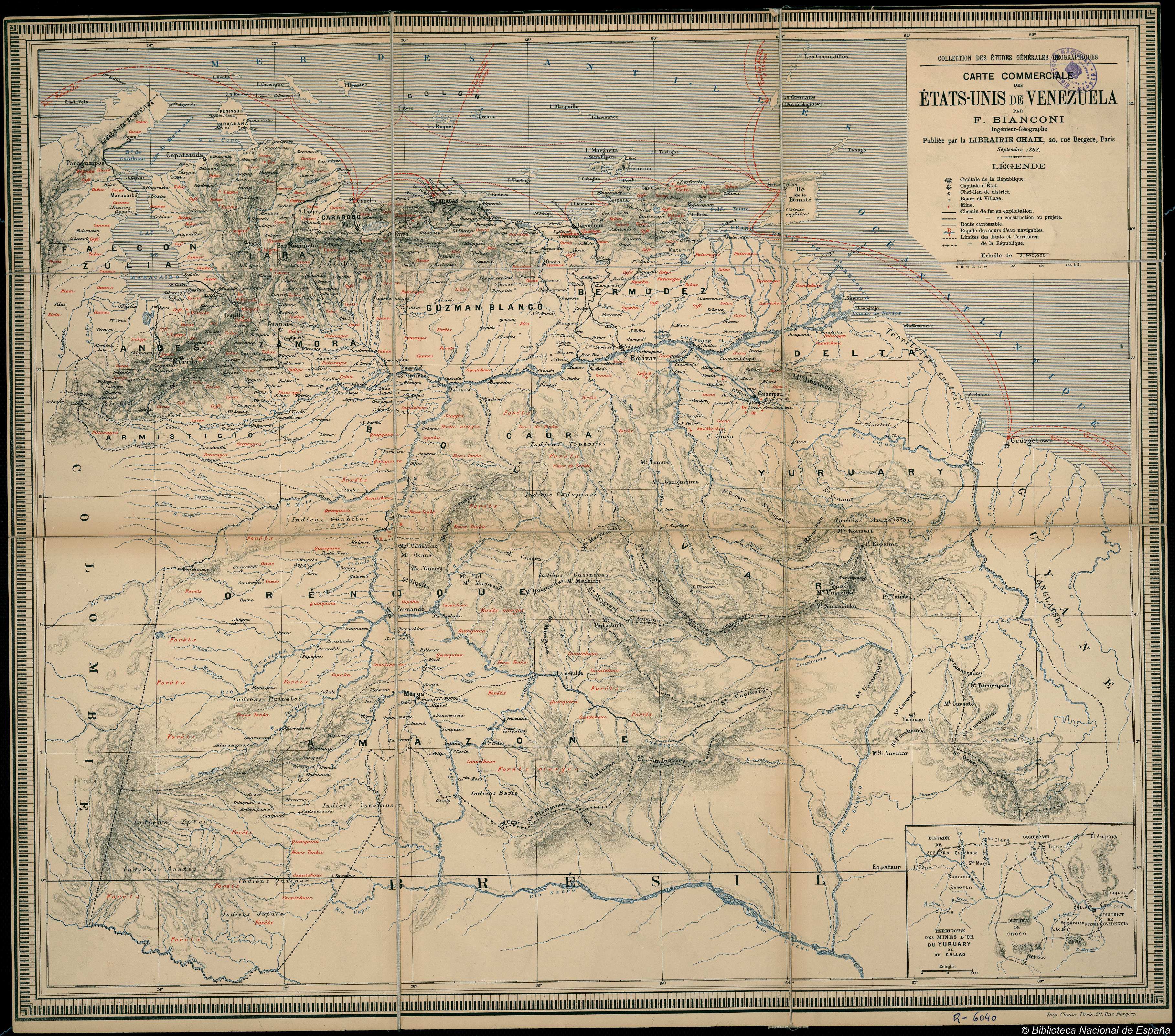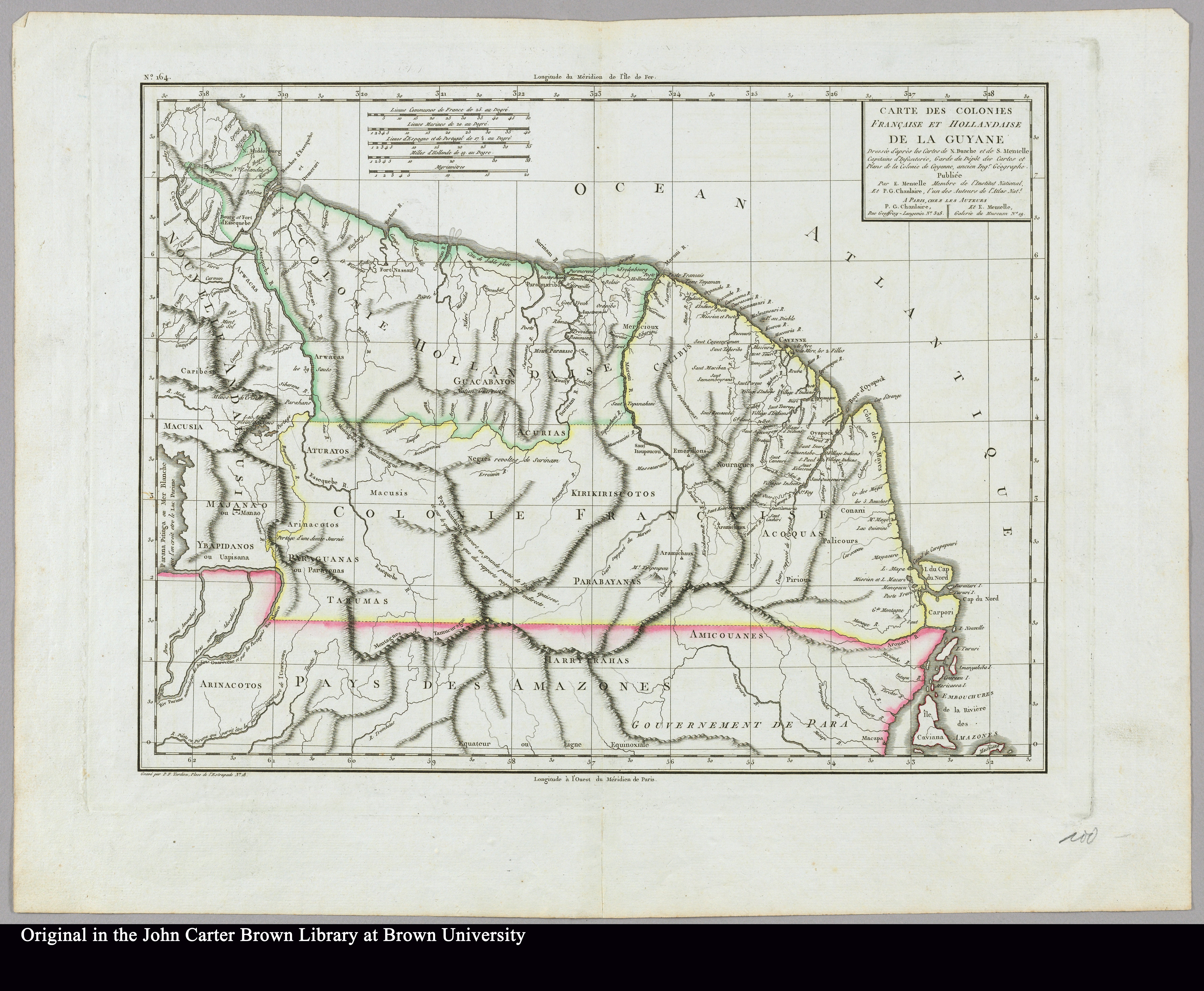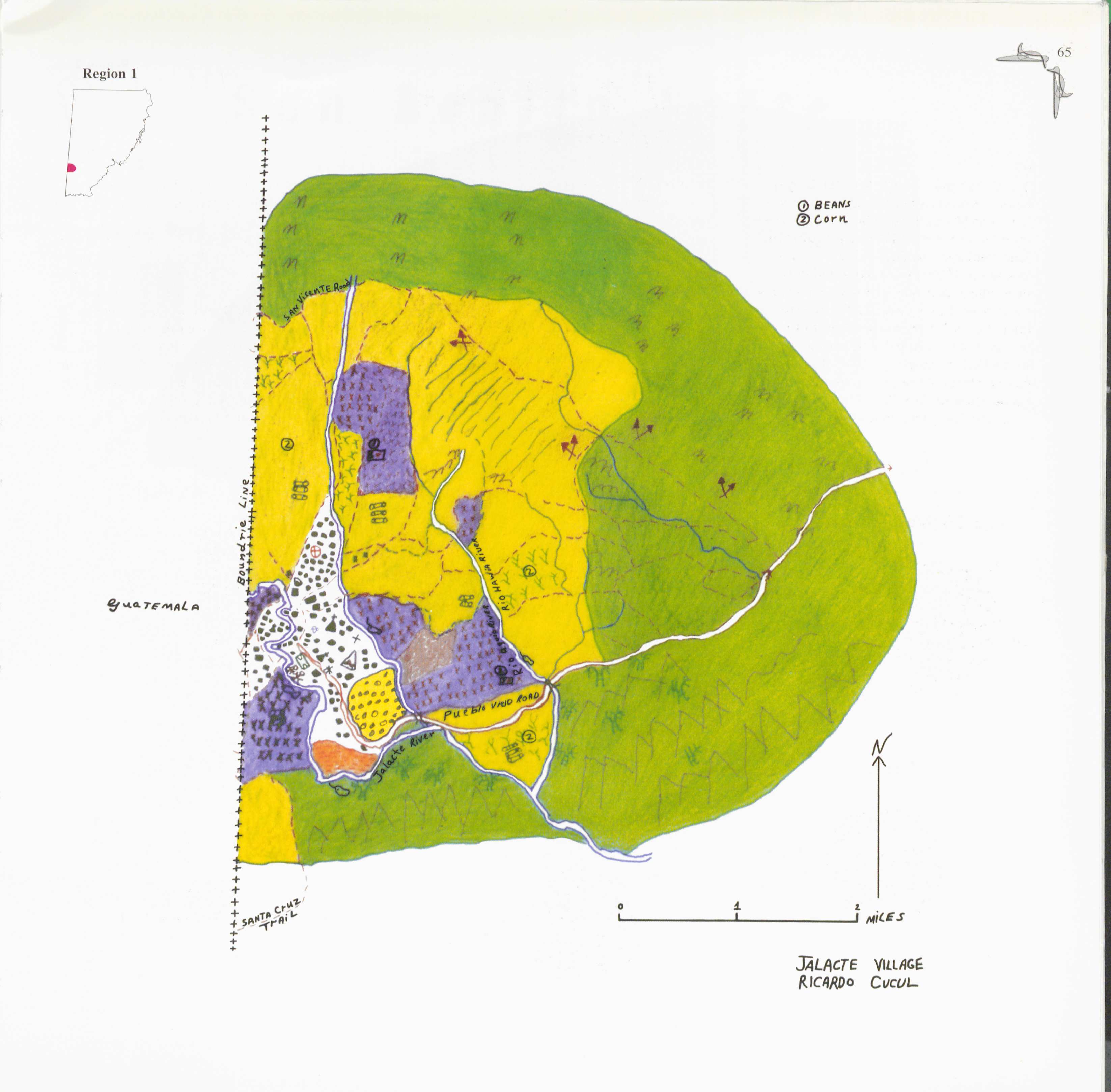Abstract
Neglect, underfunding, and lack of visibility can be instruments of dispossession. In northwestern Colombia, there are few resources for learning local history. For decades, the Fundación Social Muntú Bantú—Centro de Memoria, Documentación y Materialidades Afrodiaspóricas, directed by Sergio Mosquera and María Fernanda Parra, has worked to repair this dispossession of knowledge and heritage. Their focus is the African Diaspora and the history of Afrodescendants in Colombia, particularly in the Black-majority Pacific region.
With support from DIA, Muntú Bantú partnered with a diverse group of scholars, activists, and young people in the region to create materials that can be viewed at www.archivoafro.org.
An online repository of primary and secondary sources for the history of the San Juan River system, including material documenting the presence of South American Gold and Platinum, known locally as “La Chocopacífico,” a mining firm that extracted precious metals from this part of Colombia for most of the 20th century.
The digitization and cataloguing of a rich local archive, including hundreds of court cases from 1870 to 1930. With additional support from the British Library’s Endangered Archives Programme (EAP1477), the Social Sciences and Humanities Research Council of Canada, the University of Pennsylvania, and the University of Michigan, members of Muntú Bantú’s “Seedbed” project for the recovery of endangered archives not only learned cataloguing but also published the book, Memorias vivas de un archivo muerto, a set of essays analyzing cases relating to concubinage, fights, mining, and local trade.
A 12-chapter book reframing work done by academics in more accessible language, with the aim of making the labors of professional historians and social scientists available to college students in the region.
More information about our experience working to recover archives for doing history in Chocó and the Colombian Pacific region, at: www.archivoafro.org.
